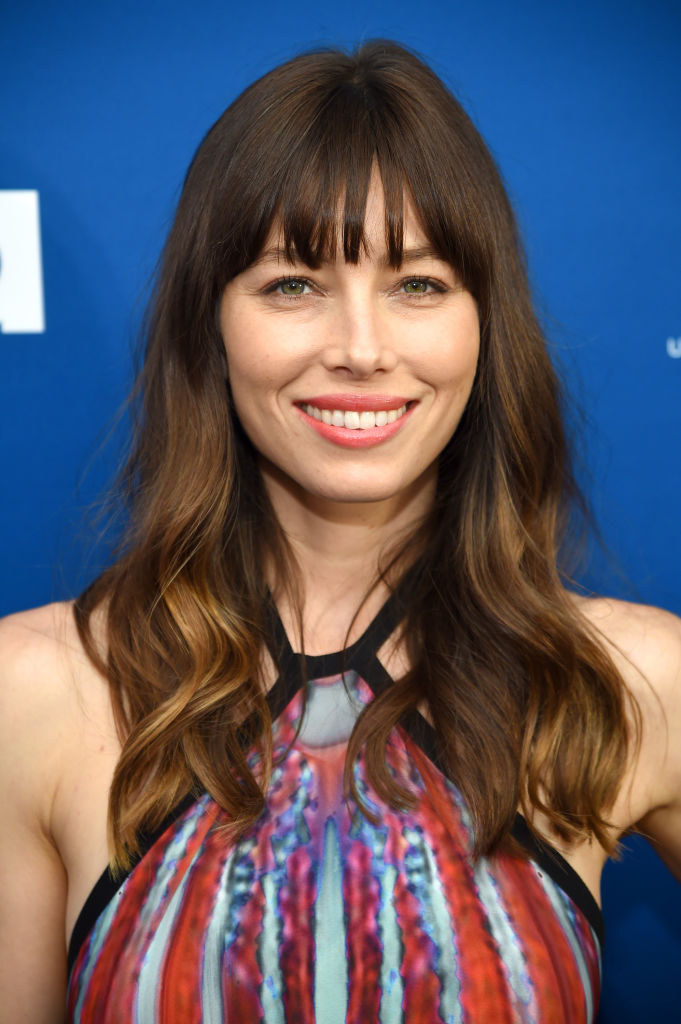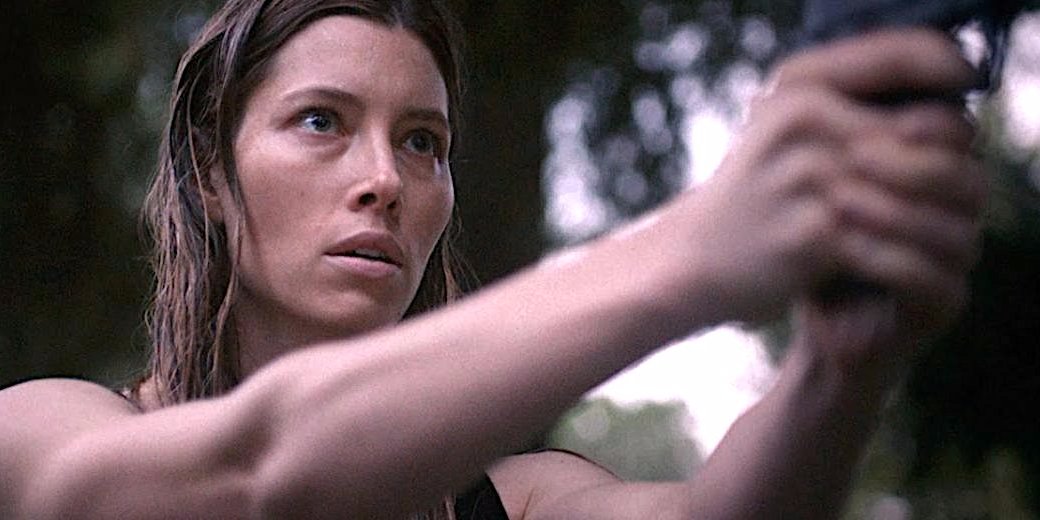
- Television
With ‘The Sinner’, Jessica Biel Takes Control
It was quite obvious for Jessica Biel what she had to do. She had taken some time off when she became a mother when she felt the urge to start working again. She decided to look for something she really wanted to do and to do it from scratch. She found The Sinner with her producing partner Michelle Purple – a crime novel by German author Petra Hammesfahrs, from 2017.
“I will take it into my own hands if the material is not out there for young women or more mature women,” says Jessica Biel about her new producing job. “I want to do that as well and just create the opportunity for these stories to be told so we can keep working – with women behind the camera and in front of the camera. It’s just challenging to mature in this business and it feels really good to have a different sort of relationship with it now than I did when I was younger.”
Jessica Biel had a breakthrough as an actress in 1996 with the TV series 7th Heaven, but her big international break came with the horror film The Texas Chainsaw Massacre, in 2003. Her success with that movie led Biel to became an action heroine in films such as Blade: Trinity (2004) and Total Recall (2012), counterbalanced by romantic roles in Valentine’s Day (2010) and New Year’s Eve (2011) and dramatic roles in The Illusionist (2006) and Hitchcock (2012).
And now, she is also producing. “To become a producer makes a lot of sense to me because I get to generate material,” says Biel. “I get to find material that I can be a part of the development process, the writing process, the casting process, the distribution. All these things that, as an actor in a film, you don’t really have any hand in. “
Biel also decided to produce to help create better roles for women in the TV and film business. “It is very hard for women in this business and it always has been. And the business can sometimes be not so kind. Women’s stories and women’s experiences, particularly as they get older, are so worth telling and sharing and experiencing.”

Jessica Biel in a scene from The Sinner
usa network
A Complicated Character
The Sinner was adapted to television by scriptwriter Derek Simonds, and Jessica Biel plays the leading role as Cora Tannetti, who kills an apparent stranger on a beach during a picnic with her husband and young son. It is obvious who committed the murder, but the question the series poses is-why did she do it?
“I really enjoy being a part of the collaboration and being part of the team. And with this one specifically, I really knew that I wanted to play this character.”
It soon becomes apparent that Cora Tannetti comes from a very religious home and that her very religious and somewhat suppressed upbringing has something to do with her committing the crime. “We are looking at a character, specifically a character who out of fear and pain and not knowing where else to turn turns to her faith, and feels that because of that really deeply rooted faith, her family has survived.“
Biel was attracted to her character’s complicated personality. “She is like this unreliable narrator. But not necessarily on purpose, sometimes on purpose, because she is also doing her own version of protection and safety and defense to keep her past and to keep her family protected. But she is very complicated and very layered that I am interested in peeling away those layers and getting to the bottom of her story. Who she is and how she became this young woman who does what she does.
Biel and her team wanted the audience to have a dialogue about how that can happen to a person and how you can become fanatical. “I did not grow up religious, I grew up very spiritual,” says Jessica Biel about her personal relationship to faith. “My mother is very much of a spiritual person who taught us at a very young age to meditate and to breathe deeply and to calm your fears and to believe in yourself and to believe in your ability to control your body and your mind if you get upset. So it was a much more kind of personal faith, like faith in yourself and your ability to make it in the world.”